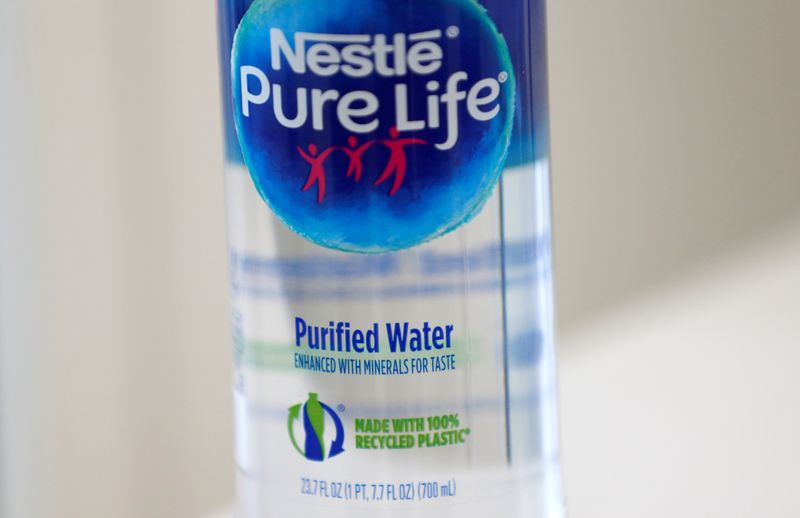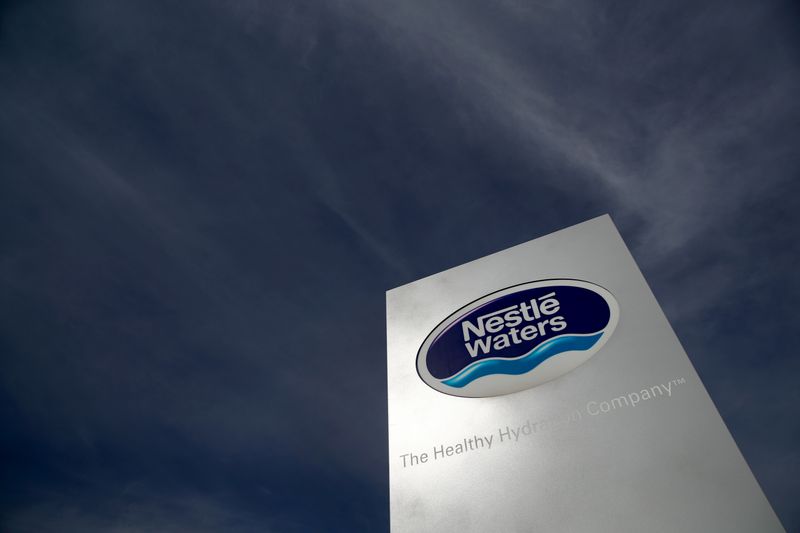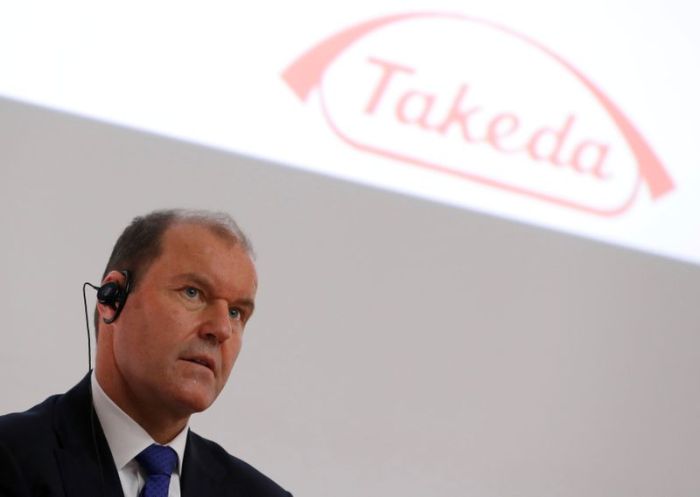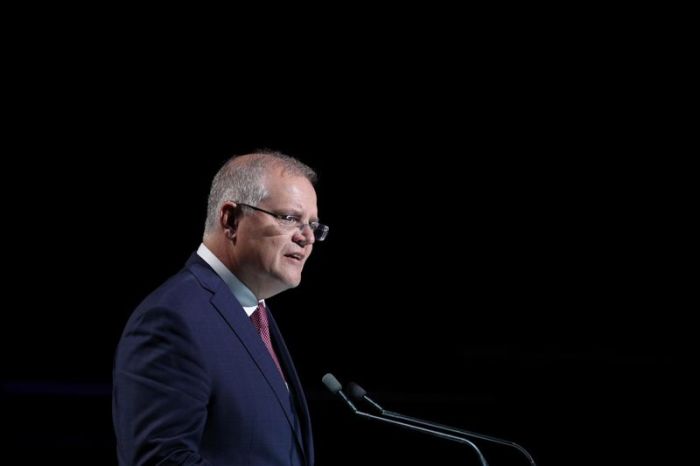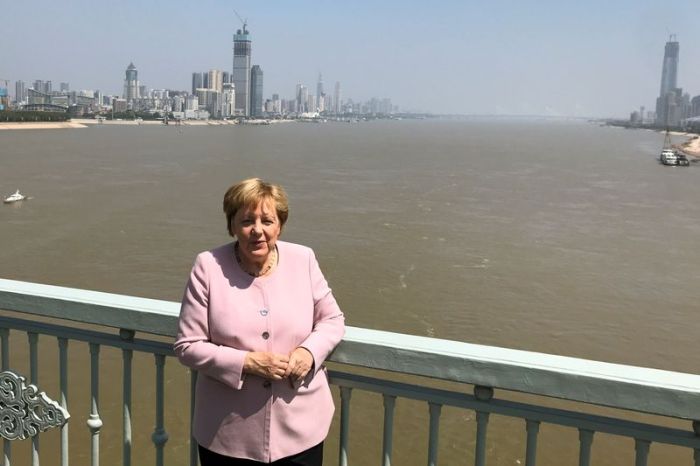ZURICH (Reuters) – Nestle <NESN.S> is exploring a potential sale of part of its North American water business, including the Pure Life brand, it said on Thursday, as the food giant shifts focus to better performing brands.
The business under review also includes regional spring water brands like Poland Spring and generated sales of 3.4 billion Swiss francs ($3.61 billion) last year, accounting for almost half of total water revenue.
Nestle Waters has struggled for years, posting just 0.2% growth last year, prompting an overhaul of the business late last year.
“We are withdrawing from a bulk business to focus on high-value (water) specialities,” Nestle Chief Executive Mark Schneider told Reuters by phone. “We can then grow…organically and through acquisitions.”
Nestle, known for KitKat chocolate bars and Nescafe coffee, said it was expecting to conclude a strategic review by early 2021. It has lagged rivals PepsiCo <PEP.O>, LaCroix <FIZZ.O> and Coca-Cola <KO.N> in sparkling and flavoured waters in the U.S..
“We are not withdrawing from water in the U.S.”, Schneider said, adding that he wanted to keep pushing international brands Perrier, S.Pellegrino and Acqua Panna that were “very successful” in the country.
“In the right segments, water remains very attractive,” he said, pointing to growth and margin opportunities.
Bottled water sales have come under pressure, as environmental concerns about plastic waste and transportation lead more people to drink from the tap.
Nestle, often criticised by environmentalists, vowed to make its entire water portfolio carbon neutral by 2025.
Asked about the “Black Lives Matter” protests in the U.S., Schneider, who also holds a U.S. passport, said he felt personally touched by the events and that the company was monitoring the situation with concern.
“Two challenges arrive at the same time here, this debate and the COVID-19 crisis which is not yet over.”
Nestle, which has also been shedding underperforming brands in other product categories, posted its best quarterly sales growth in nearly five years in April as customers stocked up on well known brands during the pandemic.
(Additional reporting by Martinne Geller in London; Editing by Elaine Hardcastle, Jan Harvey, Kirsten Donovan)

